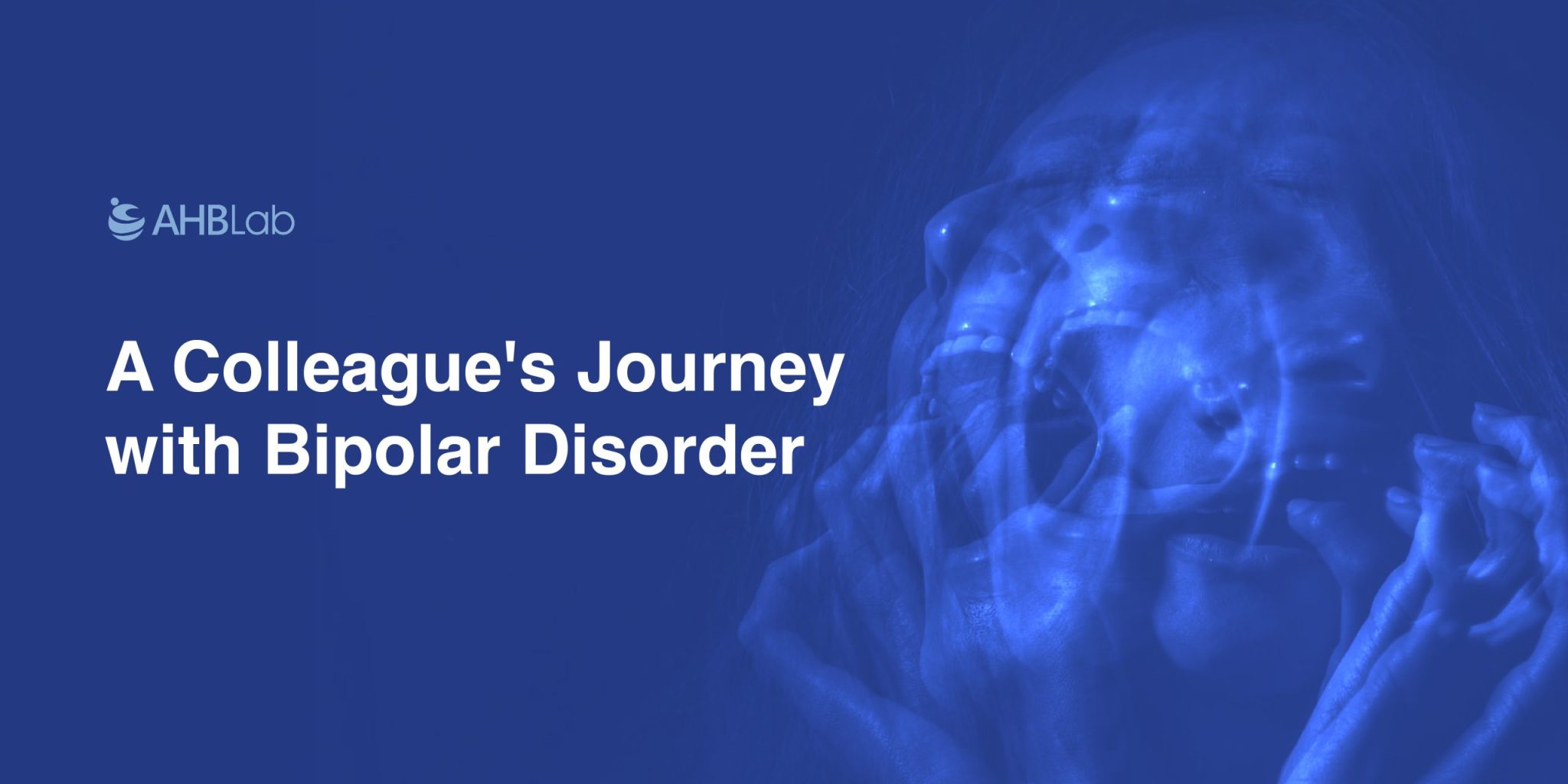Bipolar disorder in academia is often a hidden struggle. Our colleague’s high-pressure environment exacerbated the condition, yet the stigma surrounding mental health made it challenging to seek help. In their case, the intense focus on productivity and achievement overshadowed the need for mental wellness. This imbalance can lead to a vicious cycle where the highs of mania fuel academic pursuits, but the inevitable lows bring devastating crashes. Recognizing this pattern is crucial for academics and institutions to foster a healthier environment.
The Role of Academic Culture in Mental Health
The culture in academia often glorifies overworking and undervalues self-care, creating an environment where mental health issues can thrive. This culture can be particularly detrimental to those with conditions like bipolar disorder. In our colleague’s experience, the constant pressure to publish, secure funding, and achieve tenure was a breeding ground for stress and anxiety, exacerbating their symptoms. Changing this culture is essential, and it starts with acknowledging the importance of mental health alongside academic success.
The Impact of Bipolar Disorder on Academic Performance
Living with bipolar disorder in academia can be a double-edged sword. During manic phases, the burst of energy and creativity can lead to increased productivity, often seen as a positive in this environment. However, the depressive phases can have the opposite effect, hindering the ability to function effectively. This fluctuation in performance can be misunderstood by peers and mentors, leading to further stress and isolation. Understanding and accommodating these cycles are vital for a supportive academic community.
Seeking Help and Finding Support
One of the most significant steps in our colleague’s journey was seeking professional help. Therapy provided them with tools to manage their symptoms and cope with stress more effectively. Additionally, finding a support system within the academic
community was invaluable. Connecting with others who have similar experiences can reduce the feeling of isolation and provide a sense of understanding and solidarity.
Redefining Success
Our colleague learned that success in academia doesn’t have to come at the cost of mental health. Redefining what success means on a personal level is crucial. For them, it meant prioritizing their well-being over traditional academic achievements. This redefinition of success is not just personal but also needs to be part of a broader conversation in academic circles. Institutions should encourage a more holistic view of success, one that includes mental well-being as a key component.
Transitioning to a New Career
Leaving academia was a difficult but necessary decision for our colleague. Transitioning to a career in freelance writing offered a different kind of fulfillment and a more balanced lifestyle. This shift also allowed them to use their academic skills in a new and less stressful environment. For those in academia facing similar challenges, it’s important to know that there are fulfilling career paths outside the traditional academic trajectory. Exploring these options can open up new opportunities for personal and professional growth.
Advocating for Mental Health Awareness
As part of their journey, our colleague became an advocate for mental health awareness in academia. Sharing their story and the challenges they faced is a way to break the stigma and encourage others to seek help. Academic institutions need to take an active role in this, providing resources, support systems, and creating an environment where discussing mental health is normalized and encouraged.
Final Thoughts of Bipolar Disorder
Our colleague’s experience with bipolar disorder in the high-pressure world of academia has been a challenging yet enlightening journey. It highlighted the need for greater awareness and support for mental health in academic settings. For anyone struggling, remember you’re not alone, and seeking help is a sign of strength, not weakness. The path to managing bipolar disorder or any mental health issue in academia is not easy, but it’s a journey worth taking for your well-being and happiness.
Rediscover Your Best Self with SASMP® from AHB Lab
As we discuss the journey through mental health challenges in academia, AHB Lab introduces SASMP®, a pioneering solution designed to be the missing piece in your journey to optimal health, sleep, and mental well-being. Especially beneficial for those experiencing high stress, memory decline, emotional instability, insomnia, sleeping pill addiction, depression, and severe sleep disorders, SASMP® offers a new ray of hope.
Depression and mental stress, often exacerbated by the excessive secretion of adrenal cortisone, can profoundly impact one’s life, especially in high-pressure environments. SASMP® is an innovative decapeptide that addresses these issues at their core. It works by inhibiting the secretion of hormones in the brain’s hypothalamus, effectively reducing adrenal secretion of cortisone. This action has the potential to offer relief from stress, depression, bipolar disorder, and sleep disorders, while also enhancing brain memory.
For those navigating the complexities of mental health in demanding fields, SASMP® presents itself as a promising anti-stress supplement. It’s not just a step towards managing symptoms—it’s a stride towards rediscovering your best self, unlocking a balanced state of mind, and achieving optimal mental health. Learn more about how SASMP® can support your journey to wellness at AHB Lab’s SASMP® page.






